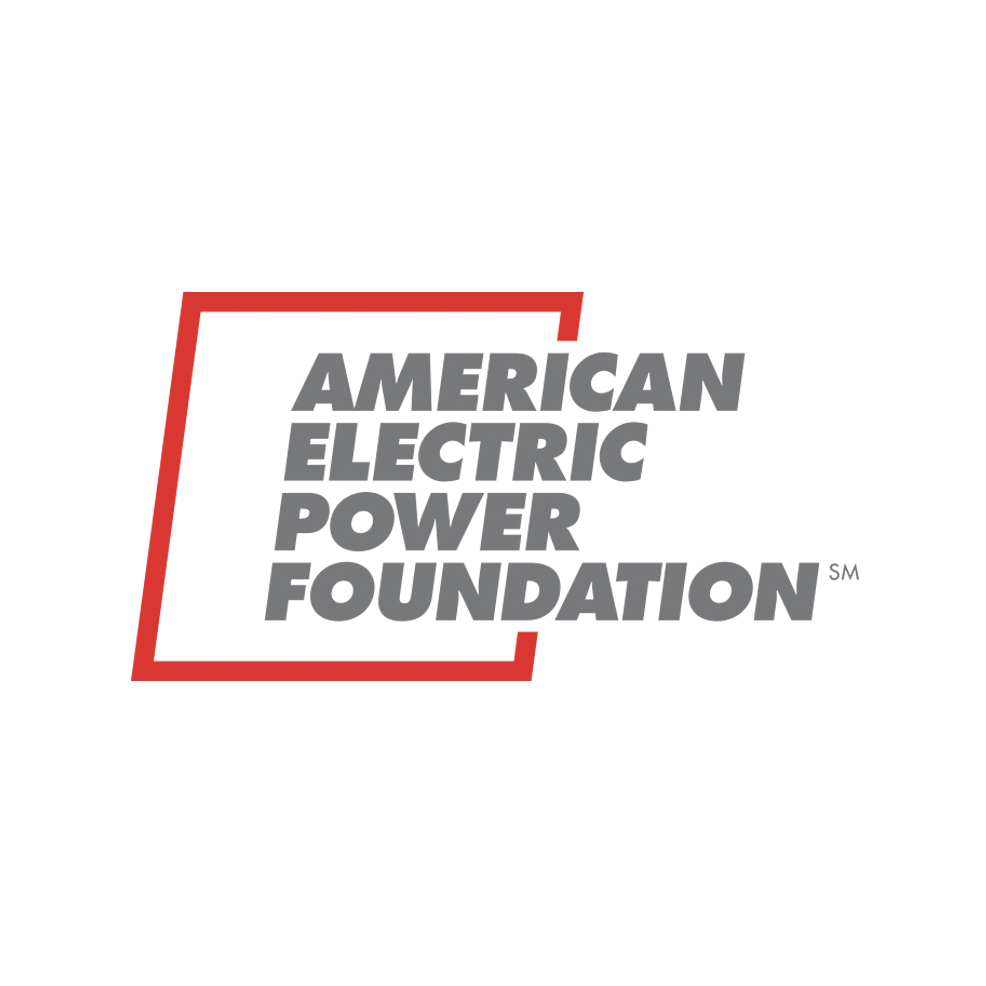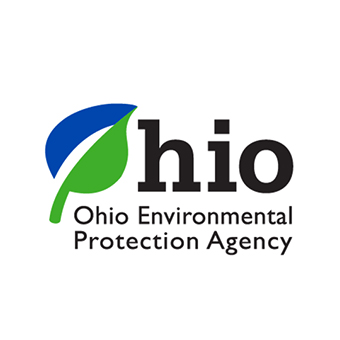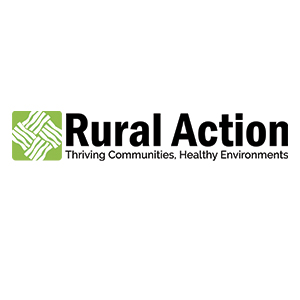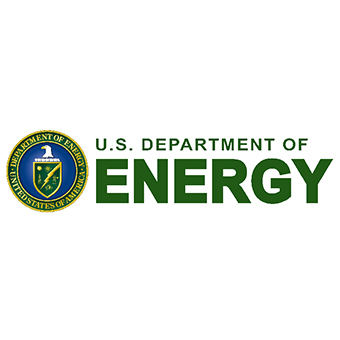Energy and the Environment
For more than 30 years, the Voinovich School has worked with local communities, state and federal agencies, nonprofits, and companies and organizations to better understand and address issues related to the environment. Project work in water quality, alternative energy sources, climate security and resilience, natural resource management, waste-as-resource and other related topics, has expanded to receive nearly $2 million in annual grant funding. The Voinovich School conducts this work with an emphasis on student, faculty, staff and partner collaboration.
Examples of our work in these areas:
- Watershed Restoration and Monitoring
The Voinovich School plays a leading role in regional, interdisciplinary efforts to restore the health of local watersheds damaged by coal mining, agriculture, inadequate infrastructure, and industry. Work in this area consists of stream restoration, water quality research, monitoring and outreach, training and technical assistance for communities dealing with impaired water quality, including assisting with project planning and design, site assessment, and fund acquisition. GIS mapping as well as database and website development are used to track and communicate change over time. As a result of this work, 82 miles of the Raccoon Creek Watershed that could not previously sustain life now meet biological and chemical targets. Further, the School utilizes information gathered about stream health to inform policy discussions via publications, data visualization, and presentations. - Waste as a Resource
The Voinovich School, together with campus and community partners, has made great strides to improve local waste systems and make our region more sustainable. This work supports organic waste collection and processing on campus and in the region, reusing and upcycling materials through zero waste social enterprises, and improving the infrastructure and access needed to increase waste reduction, recycling, and resource diversion. As a result of this multifaceted work, both Athens and Hocking Counties are on track to surpass the Ohio EPA waste diversion goal of 25%. - Environmental and Energy Community Education
In addition to being home to Ohio University’s Environmental Studies program, the Voinovich School provides training to diverse groups, from school children and college students to watershed officials and local government. Most of these focus on watersheds and water quality, but also include topics such as the Internet of Things, renewable energies, environmental resilience, and the interaction of climate and security. Additionally, faculty and professional staff have developed a series of online watershed education lesson plans, instructional videos, and interactive tools for use in local public schools, available at www.watersheddata.com. - PORTSfuture: Site Reclamation and Reindustrialization
Since 2010, the Voinovich School has partnered with the US Department of Energy, Southern Ohio Diversification Initiative, and public and private sector entities on a $5 million program to support the clean-up and reindustrialization of the former uranium enrichment facility near Piketon, Ohio. The plan focuses on developing an Integrated Energy System-Closed Loop Manufacturing (IES-CLM) complex to attract industry, leverage local coal and shale resources, create jobs, and grow the southern Ohio economy. The Voinovich School is engaging in master planning, community engagement and data analysis; site readiness and property transfer activities; industry discovery and attraction; project resource acquisition for the local community reuse organization; and STEM outreach. Linkages are also being made with applicable Ohio University researchers and national laboratories. - Additional Research
Faculty and professional staff pursue a wide range of research related to the environment, energy, and sustainability. Current projects include:- Utilizing historical data to create a model to estimate post-mining water level in underground mines;
- Assessing the benefits of large-scale solar projects in the context of rural energy reliability and resilience;
- Investigating the climate resilience of western river systems, local government climate change policies, and the emergence of local and regional green business programs;
- Studying the specialized metabolism of agricultural plants from semi-arid regions and advanced bioenergy grasses;
- Refining the use of anaerobic digestion in integrated systems design;
- Exploring the conflict and peacebuilding potential of international environmental governance and climate change responses.
Applied Learning
As part of our educational mission, the Voinovich School engages Environmental Studies graduate students, Voinovich Undergraduate Research Scholars and other undergraduate interns/employees to work closely with faculty and professional staff on projects. Experiences vary, but opportunities include hands-on activities with water quality testing and remediation project implementation; database development and GIS mapping; community outreach; and assistance with faculty research, including the potential for co-authored publication.




